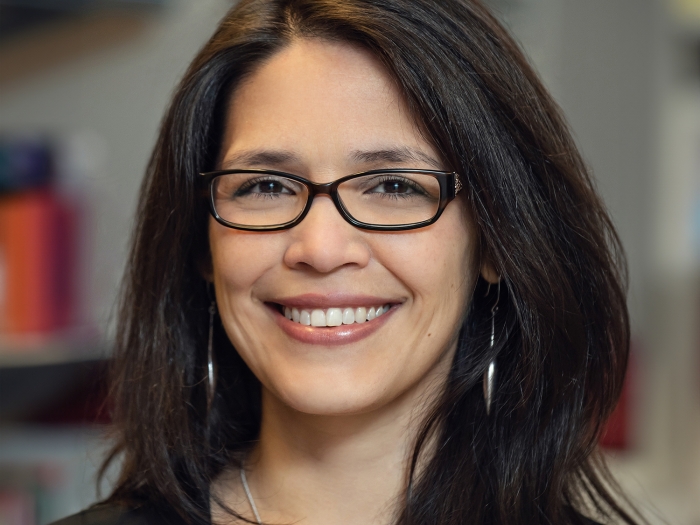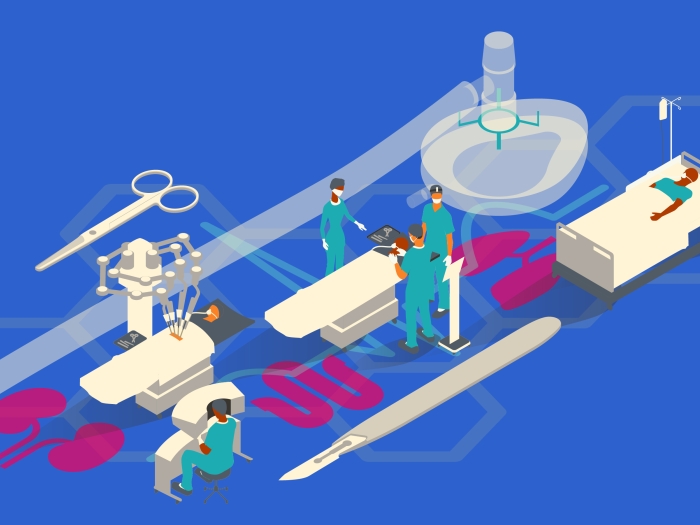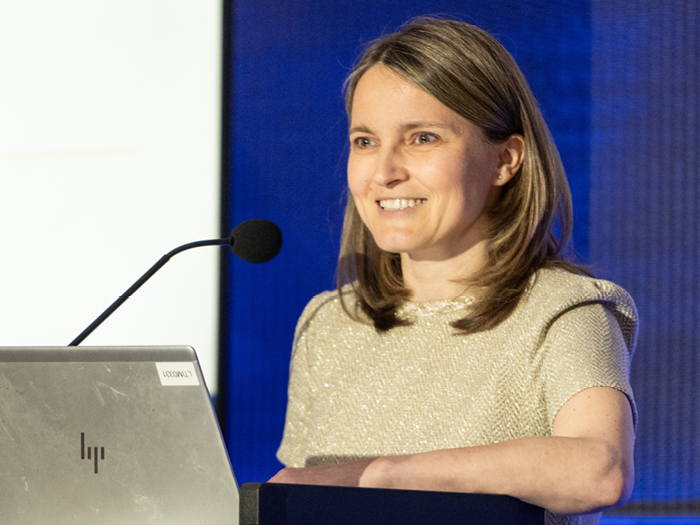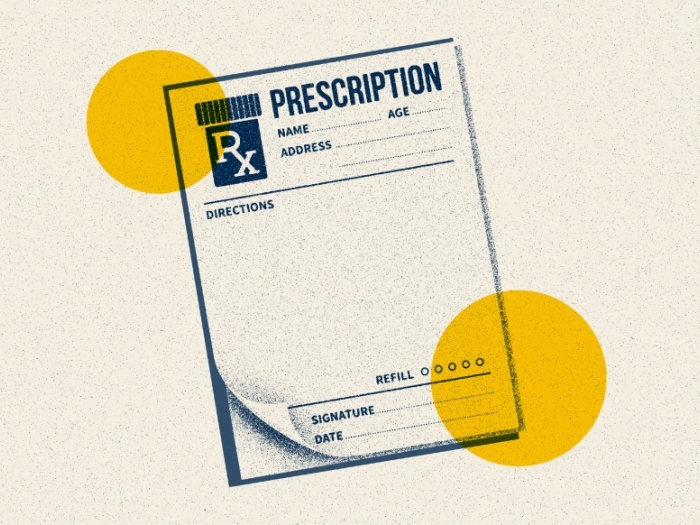I can recite enzymes involved in nucleotide biosynthesis, identify the sternohyoid muscle or ilinguinal nerve on a cadaver, tie a square knot, and list pithy acronyms for expressing empathy, but in some ways I still curiously feel like the more I learn, the less I really know.
In his book "Being Mortal", Atul Gawande suggests that "[we] become a doctor for what [we] imagine to be the satisfaction of the work, and that turns out to be the satisfaction of confidence." As an engineer, I was drawn to the challenge of solving difficult, intricate problems and the seemingly precise logic of medicine that clinical diagnoses entailed. And while medicine is certainly complex, I have discovered in my limited training that it rarely is so neat and tidy. Even in the comfort of my apartment while studying, I struggle at times to learn the nuances between what seem to be similar presentations. It is daunting to imagine that in a not so distant future, I will need to do the same in front of a patient who expects an actual diagnosis.

Being a pre-clinical student especially in the first year of med school is kind of like being an honorary member of a team in the sense that we probably are not contributing much but are included anyways. I often know just enough to realize that there is still a lot that I do not know. It's a lot like when you hear the first part of a question and think you know the answer only to hear the second part and realize that you only know half the answer. In the hospital, I hear of diseases like cystic fibrosis and excitedly think "it's a defect with chloride channels" only to deflatedly realize that while I can describe the genetic mutations that result in the disease, I know little on how to go about treating the patient. And yet maybe that is ok.
I was watching Z as she was making a butterfly out of fuse beads as part of her occupational therapy while at Mott's Children Hospital. Z was a sweet and energetic thirteen year old girl that had fractured her tibia, fibula, and pelvic bones from a car accident and after 3 months in the hospital, she was to be discharged from the hospital the next day. As she finished her session with the occupational therapist, she said, "I'm thirsty", but at that point the occupational therapist was more occupied with helping transport her to her session with the physical therapist. As the therapist began packing Z's belongings, I walked to the water jug dispenser, filled a cup of water, and handed it to Z in the wheelchair. "Thank you", Z said smiling at me. I couldn't help but think that I was glad to be of use.
As observers, we have the unique ability to watch without being tied to specific responsibilities. This is a privilege in some ways because at some point in our careers, I imagine we will be saddled with numerous responsibilities and time will become a luxury that we do not have. To pass time, at times I'll find myself chatting with patient families and the healthcare provider. "How old is she", I asked the great-grandmother of one such patient. "Two", she replied as A, the 2 year old patient, adorably crawled on the floor searching for tossed coins as part of her physical therapy. As I conversed with the family member, I learned more of the diagnosis, but also was able to ask clarifying questions to the physical therapist. This sparked further questions from the great-grandmother, who was then able to learn more about appropriate follow up treatment and rationale for the plan.
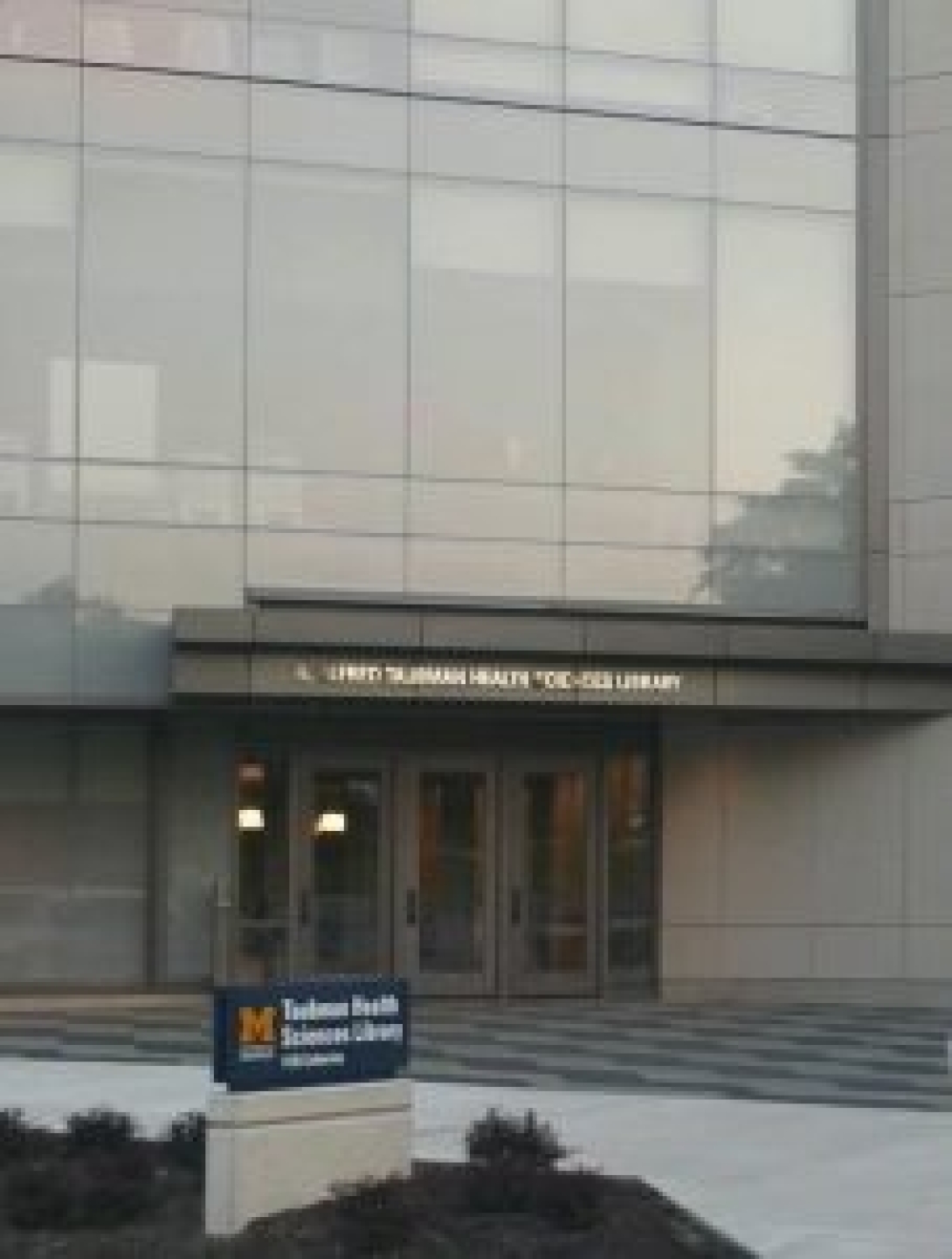
In the moment of things, I often question my ability to contribute meaningfully in clinic. "What do I really know" I will doubtfully ask myself. But in thinking back on experiences, I realize that sometimes it is in the small things that I can assist in –I can help advocate a bit for patients and their families by helping to ask questions and to provide an extra set of hands when a care provider is busy. These are small things, perhaps barely perceptible, but I like to think that I am helping in some small way.
I tend to think of medicine as a scientific endeavor, but if I really think about it, a good doctor is equally defined by both clinical expertise and people skills such as communication and empathy. I remain confident that somewhere along the way at a place as great as Michigan I will develop the technical expertise. And at this stage while I am still building clinical skills, perhaps it is ok that I don't know the answers to everything – I can practice in the softer doctoring skills that are perhaps just as important or even more than nucleotide biosynthesis or locating a nerve.
*patient details modified to protect confidentiality

Department of Communication at Michigan Medicine
Want top health & research news weekly? Sign up for Health Lab’s newsletters today!
